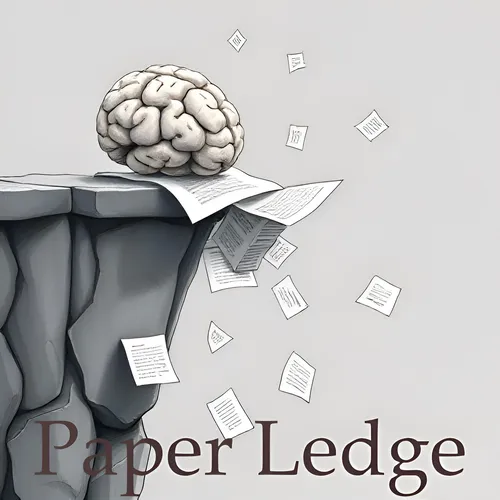Artificial Intelligence - EvoEmo Towards Evolved Emotional Policies for LLM Agents in Multi-Turn Negotiation
- Author
- ernestasposkus
- Published
- Fri 05 Sep 2025
- Episode Link
- https://www.paperledge.com/e/artificial-intelligence-evoemo-towards-evolved-emotional-policies-for-llm-agents-in-multi-turn-negotiation/
Hey PaperLedge crew, Ernis here, ready to dive into some fascinating AI research! Today, we're unpacking a paper that asks: what if our AI negotiators had emotions…and knew how to use them?
Now, we've talked before about Large Language Models, or LLMs, like those powering chatbots and virtual assistants. This paper focuses on using LLMs to create AI agents that can negotiate. Think about it: an AI haggling over the price of a car, or striking a deal in a complex business transaction. Pretty cool, right?
The researchers observed that while LLMs can negotiate, they often fall short because they lack emotional intelligence. Currently, LLM emotional responses are pretty basic. They might express a generic "happy" if they get a good deal or "sad" if they don't. These researchers describe these as "passive, preference-driven emotional responses". Basically, they're reacting, not acting.
Imagine playing poker where your face always shows exactly what cards you have. You'd be easy to read, and your opponent would take you to the cleaners! That's kind of how these LLM negotiators are currently.
So, what's the solution? Enter EvoEmo, the star of our show! EvoEmo is a framework that uses a clever technique called "evolutionary reinforcement learning" to teach AI agents how to strategically use emotions during negotiations.
Think of it like this: EvoEmo creates a whole bunch of AI agents, each with a slightly different "emotional personality" – some are more aggressive, some are more agreeable, and everything in between. Then, it throws them into simulated negotiations and sees which ones perform best. The successful agents "pass on" their emotional traits to the next generation, gradually evolving towards more effective negotiation strategies. It's like natural selection, but for AI emotions!
The core of EvoEmo is how it models emotional states. It uses something called a Markov Decision Process. Don't let the jargon scare you! It just means that the agent's emotional state at any given moment depends only on its previous emotional state and the immediate situation. So, if the AI is feeling frustrated (previous state) and the other negotiator is being unreasonable (situation), it might decide to express anger (new state) to try and get its way.
To test EvoEmo, the researchers created an evaluation framework that included two types of baseline strategies:
- Vanilla Strategies: AI agents with no emotional expression at all. Just cold, hard logic.
- Fixed-Emotion Strategies: AI agents that always express the same emotion, regardless of the situation. Think of the perpetually grumpy negotiator.
And guess what? EvoEmo crushed both baselines! The AI agents using EvoEmo achieved:
- Higher Success Rates: They were more likely to reach an agreement.
- Higher Efficiency: They reached agreements faster.
- Increased Buyer Savings: When acting as the buyer, they got better deals.
"This findings highlight the importance of adaptive emotional expression in enabling more effective LLM agents for multi-turn negotiation."
So, why does this research matter?
- For Businesses: Imagine AI agents negotiating contracts, supply chain agreements, or even salaries! EvoEmo could lead to more efficient and profitable deals.
- For Consumers: AI-powered assistants could help you negotiate better prices on everything from cars to insurance.
- For AI Researchers: This work opens up exciting new avenues for exploring the role of emotions in AI and developing more sophisticated and human-like agents.
But it also raises some interesting questions:
- Could AI agents using EvoEmo become manipulative or deceptive? How do we ensure they're used ethically?
- If AI agents start using emotions strategically, will humans be able to detect it? And how will that affect our trust in AI?
- What are the long-term societal implications of AI agents that can understand and manipulate human emotions?
This paper really scratches the surface of a fascinating future where AI isn't just smart, but emotionally intelligent, too. Until next time, keep those questions coming and your minds open!
Credit to Paper authors: Yunbo Long, Liming Xu, Lukas Beckenbauer, Yuhan Liu, Alexandra Brintrup
